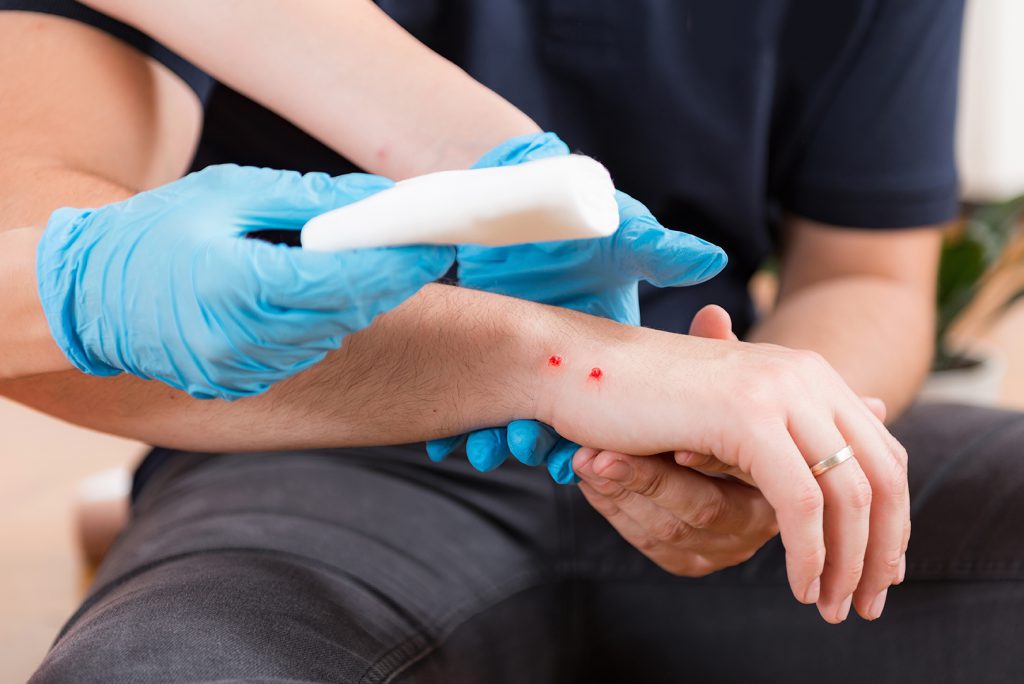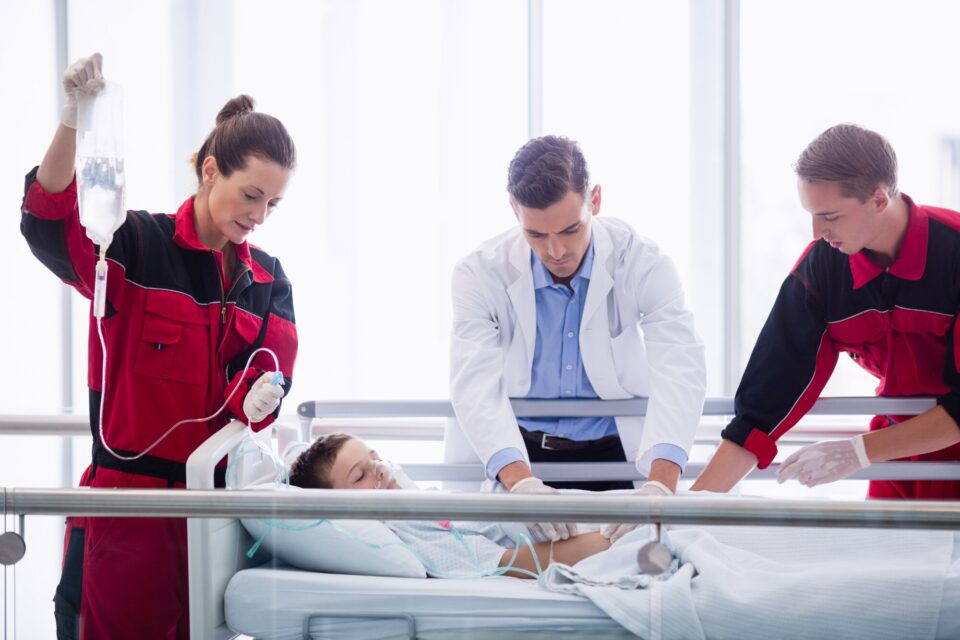Every second counts in a medical emergency, and knowing what to do while waiting for help can make all the difference. In those critical moments, fear and confusion can cloud judgment, but remaining calm is essential to effectively assess the situation.
Whether faced with a sudden injury, a heart attack, or a severe allergic reaction, your immediate actions can stabilize the victim and even save a life. This article provides essential tips for what to do in a medical emergency before professional help arrives, empowering you with the knowledge to act decisively when every heartbeat is vital.
With the right preparation and quick thinking, you can become the difference between panic and proactive care, ensuring that you and those around you are ready to face unexpected challenges head-on.
Initial Response Steps

When faced with a medical emergency, your initial response can be critical in saving a life or minimizing harm. First, assess the situation swiftly yet carefully—determine whether you or the victim are in danger and if it’s safe to intervene.
Call for help immediately; dial emergency services while keeping your phone on speaker mode so you can listen and respond to instructions. Provide clear, concise information about the nature of the emergency and the victims condition.
If the victim is unconscious but breathing, place them in the recovery position to maintain an open airway. If they arent breathing, be prepared to begin CPR, counting out loud to keep a steady rhythm. Your quick but measured actions can bridge the gap until professional help arrives, possibly making all the difference in the world.
Remember: stay calm, act decisively, and focus on the needs at hand.
Providing Basic First Aid

In the chaotic moments of a medical emergency, providing basic first aid can be a lifesaver. First, assess the situation: is the person conscious? Are they breathing? If theyre not, start with CPR immediately—chest compressions combined with rescue breaths can keep vital oxygen flowing until professional help arrives.
For wounds, apply gentle pressure to stop bleeding; a clean cloth or sterile dressing works wonders. Keep the patient calm, reassuring them as you maintain the pressure.
If someone is choking, the Heimlich maneuver may need to be executed; thrust upward just above the navel with quick, decisive movements. Likewise, if burns are present, cool the area with lukewarm water—never ice—and cover it with a sterile cloth.
Always remember: while your knowledge can provide immediate support, don’t hesitate to call for emergency services and guide them to your location. Your quick actions can make all the difference, bridging the gap until trained professionals take over.
Managing Specific Medical Emergencies

Managing specific medical emergencies requires a keen understanding of the situation at hand, as each scenario presents unique challenges and demands swift, focused action. For instance, if someone is experiencing a heart attack, time is of the essence; you must recognize symptoms like chest pain radiating to the arm or jaw, and immediately call for help while keeping the person calm and administering aspirin if theyre not allergic.
In contrast, a severe allergic reaction, known as anaphylaxis, necessitates having an epinephrine auto-injector ready, as delay could be life-threatening. It’s essential to monitor their breathing closely, administering CPR if needed while waiting for emergency services.
Moreover, if you encounter severe bleeding, applying direct pressure to the wound can often make the difference between life and death. The key is to stay composed, think critically, and act decisively—because in these moments, every second counts.
Conclusion

In conclusion, being prepared for a medical emergency can make a significant difference in the outcome of a situation. By staying calm, assessing the scenario, and taking the appropriate steps, you can provide crucial assistance while waiting for professional help to arrive.
Remember to prioritize calling emergency services, performing CPR if needed, and addressing any immediate dangers. Additionally, consider enrolling in TL training to enhance your skills and confidence in handling medical emergencies effectively. With the right knowledge and preparation, you can be the difference between chaos and control in critical moments.

